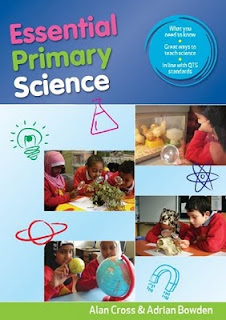VISION: Issue 11 (Jul- Dec 2010)
Download pdf version of Issue 11 (1.8mb)
- Let’s get talking
- Digital music: the waves of change
- Photographic evidence: how digital photography can support learning
- Child’s play
- How am I doing Mr Computer? Technology-supported assessment
- Augmented reality in education: taking a different view of learning
- The great outdoors
SOURCE: http://www.futurelab.org.uk/









